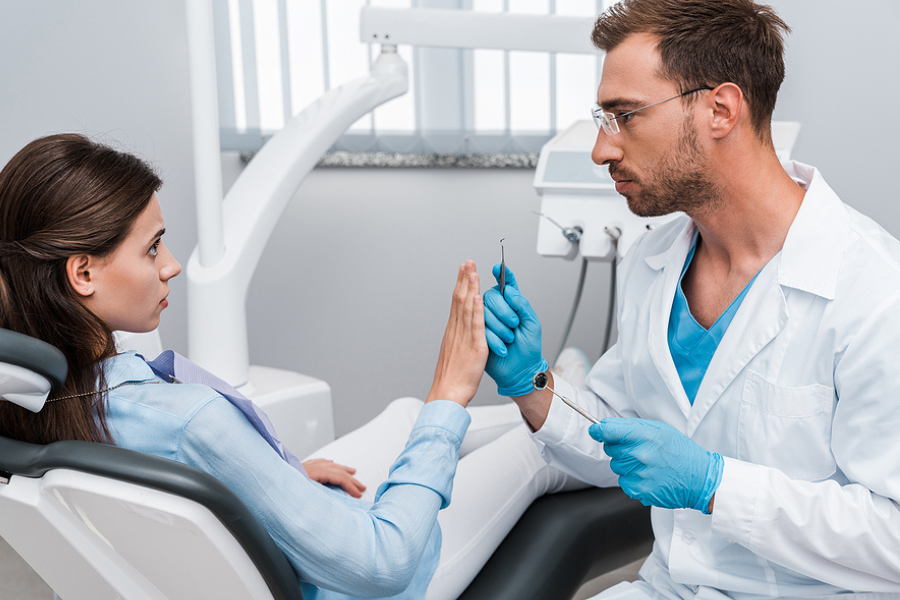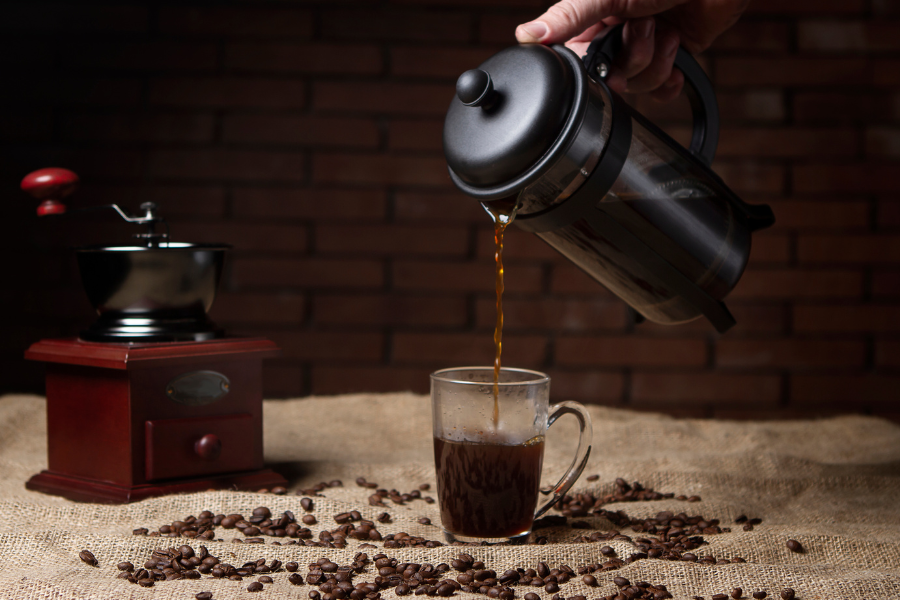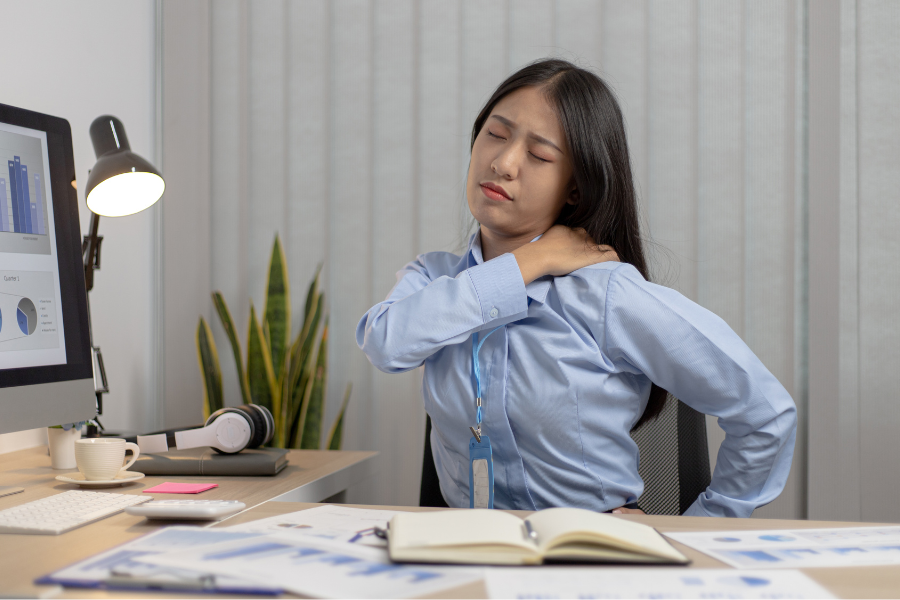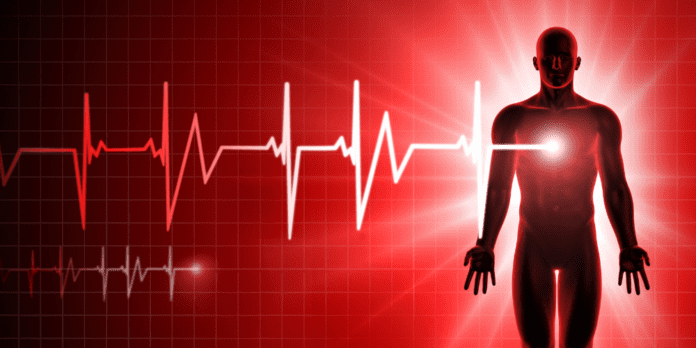Elevated blood pressure can result in severe health implications like heart attack, stroke, and kidney disease. At times, blood pressure may experience sudden spikes without apparent cause, which can be concerning when the underlying trigger is unclear.
Stressful or Emotional Situations:

Stressful or emotional situations can cause our blood pressure to spike quickly. It is the fight or flight response, where the body releases hormones that cause a rise in blood pressure, among other effects. This response can be positive, helping the body deal with the situation, but it becomes harmful when it persists and causes high blood pressure. It is crucial to learn how to manage stress by engaging in relaxation techniques like yoga, deep breathing, and meditation, which have been proven to lower blood pressure.
Physical activity:
Engaging in regular physical activity is one of the best ways to regulate our blood pressure levels. Exercise has many benefits, including reducing stress, improving cardiovascular health, and reducing blood pressure levels. However, sudden intense exercise can cause our blood pressure levels to rise temporarily. Therefore, it’s important to ease into physical activity and monitor blood pressure levels regularly.
Poor diet:
Unhealthy eating habits are linked to many chronic diseases, including hypertension, or high blood pressure. Consuming a diet dense in saturated fats, sodium, and refined sugars is associated with high blood pressure. Too much sodium in our diet can lead to fluid retention, which puts a strain on the heart, causing the blood pressure to rise. Therefore, it’s important to eat a healthy and balanced diet to minimize sudden spikes in our blood pressure levels.
Caffeine:

Caffeine is a stimulant that, in moderation, increases alertness, mood, and muscle coordination. However, frequent caffeine intake can cause our blood pressure levels to rise. It stimulates the release of adrenaline and noradrenaline, the hormones responsible for the fight or flight response, leading to an increase in the heart rate and blood pressure. Therefore, it’s important to monitor our caffeine intake to avoid sudden spikes in our blood pressure levels.
Medications and supplements:
Certain types of medications and supplements can cause sudden spikes in blood pressure levels. They include decongestants, pain relievers containing nonsteroidal anti-inflammatory drugs (NSAIDs), and birth control pills. It’s important to consult a healthcare provider before starting any medication or supplement to avoid any adverse side effects that might cause sudden spikes in blood pressure levels.
Pain:

Pain can significantly raise blood pressure in moments. The body’s natural reaction to pain is to release stress hormones, which cause vasoconstriction or narrowing of the blood vessels. As a result, the heart has to work harder to pump blood through them, leading to an increase in blood pressure. Chronic pain can lead to long-term hypertension as well. Pain can also disrupt sleep, further exacerbating blood pressure issues. It is essential to manage pain through pain medication, therapy, or other interventions to prevent blood pressure spikes.
Alcohol:
Drinking alcohol in large amounts can cause acute spikes in blood pressure. It does so by reducing blood vessel elasticity, leading to narrowing and constriction of the blood vessels. When this happens, the heart has to pump harder to circulate blood, causing an increase in blood pressure. Alcohol can also lead to dehydration, which further raises blood pressure levels. Those with hypertension or other heart conditions must limit alcohol intake or avoid it altogether.
Smoking:
Smoking nicotine causes blood vessels to narrow and stiffen, increasing blood pressure. Quit smoking as soon as possible and ask your doctor for smoking cessation programs if required.
Sleep Deprivation:
Sleep deprivation has a significant impact on blood pressure. During sleep, blood pressure naturally goes down, and it rises again in the morning. But when sleep is disrupted or inadequate, the normal fluctuations don’t occur, and blood pressure can stay elevated. Sleep deprivation increases the production of stress hormones that lead to vasoconstriction, raising blood pressure levels even further. To prevent hypertension or manage existing conditions, it’s crucial to prioritize getting enough sleep.
Temperature:

Extreme temperatures can affect our blood pressure in different ways. In hot temperatures, our blood vessels expand, causing a decrease in blood pressure, while in cold temperatures, blood vessels constrict, causing an increase in blood pressure. It is recommended that we stay in moderate temperatures to avoid these effects and dress appropriately when out in extreme temperatures.
Underlying health conditions:
Medical conditions like kidney disease, thyroid disorders, diabetes, and heart disease can trigger a spike in blood pressure levels. Control these health conditions by following your doctor’s instructions and taking your medications as prescribed.
Be proactive:

Monitoring blood pressure is essential for evaluating overall well-being, providing valuable information on cardiac function and circulatory health. The ideal blood pressure range typically lies between 90/60 mmHg and 120/80 mmHg. The significance of blood pressure monitoring should not be underestimated.
Making lifestyle changes such as managing stress, exercising regularly, limiting caffeine intake, and maintaining a healthy diet are some steps we can take. We should also monitor our blood pressure levels regularly and seek medical advice when necessary. By doing so, we can prevent sudden spikes in our blood pressure levels and lead a healthy and fulfilling life.




